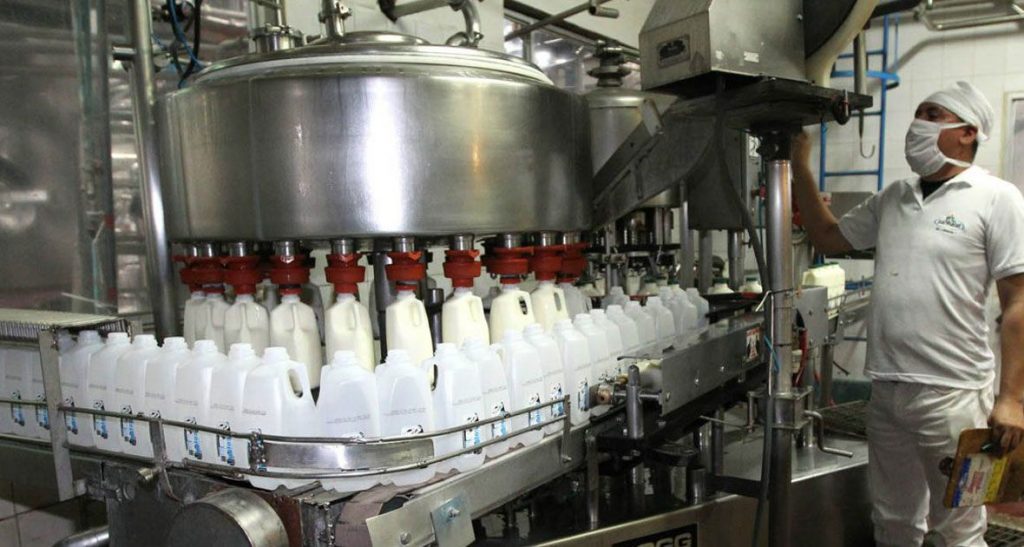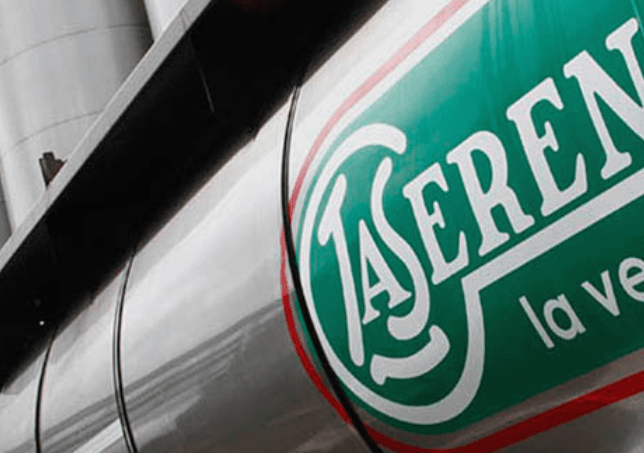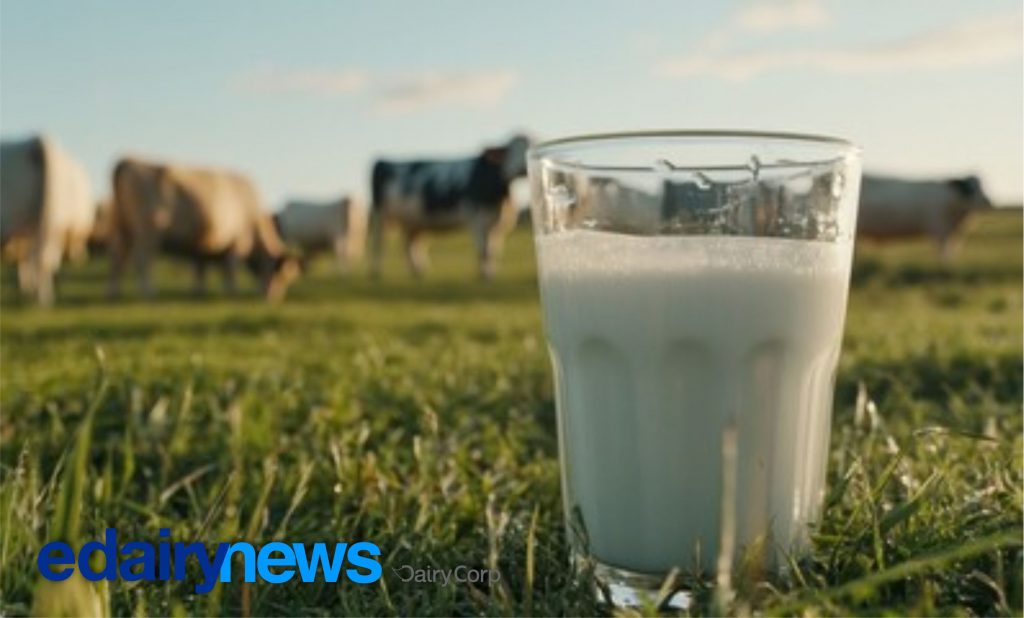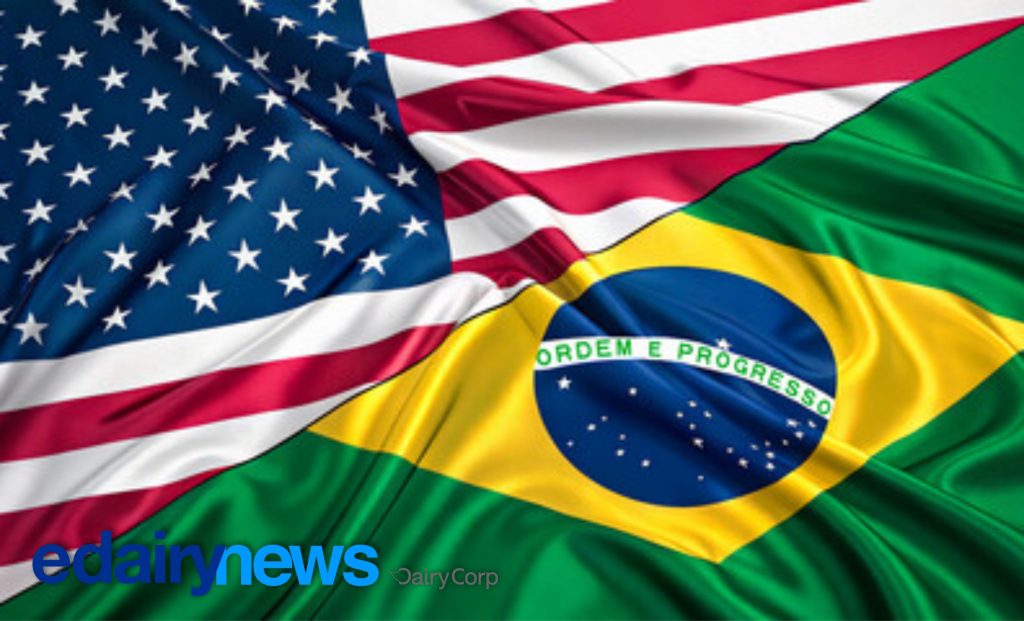The Liberal government has told Dairy Farmers of Canada compensation is coming as a result of three major trade deals: the Comprehensive Economic and Trade Agreement between Canada and the European Union (CETA), the Comprehensive and Progressive Agreement for Trans-Pacific Partnership (CPTPP) and the Canada-United States-Mexico Agreement (CUSMA).
“There were some hints at something coming, but we have heard nothing,” said David Wiens vice-president of DFC during an Oct. 10 news conference. “We’re concerned because a lot of the time, there are these kinds of commitments that are spoken to but there is no action and that’s causing a lot of concern in the dairy community.”
Prior to the 2019 election, a $345 million payment was made to the industry, which carries a heavy influence in Quebec politics. That money was part of the federal government’s commitment to pay the industry $1.75 billion over eight years for giving away market share during CETA and CPTPP talks.
By 2024, roughly 18 percent of the domestic milk production market will have been sacrificed during recent trade negotiations, according to Dairy Farmers of Canada.
Agriculture Minister Marie-Claude Bibeau is being non-committal on providing timelines, particularly as to when compensation could be coming for the new-NAFTA deal.
“During the new NAFTA negotiations, we protected supply management from American efforts to dismantle it. We are delivering on our commitment to full and fair compensation and we will do the same thing now that the new NAFTA has been ratified,” she said in a statement.
Now dairy farmers are calling on the government to provide a schedule of payments for the balance of the compensation owed under CETA and the CPTPP, while also announcing details of the CUSMA compensation.
“We feel that the government had made it very clear that they had already set funds aside, in terms of budget, over the next seven years. At this point in time we feel they really need to come back to honour the commitments that they made to us,” said Wiens.
Bibeau said her government is committed to making another payment before the end of the fiscal year, which differs from the end of the calendar year.
During a media availability with reporters, Prime Minister Justin Trudeau recognized many dairy farmers have been hit hard by the pandemic.
“We are right now working with Dairy Farmers and others on compensation for NAFTA. We will continue to make this a priority” he said.
Wiens said meetings had been held with government but “we have not heard back from them on what compensation for CUSMA may look like.”
The pandemic has required the federal government to entirely rearrange its budgeting in an attempt to stabilize the economy, which has resulted in billions of dollars in support for industries.
Dairy farmers haven’t been exempted from the support, which included the federal government permanently increasing the borrowing capacity of the Canadian Dairy Commission by $200 million and launching a $50 million food recovery program to buy goods that would otherwise be spoiled.
They expressed an understanding of the government’s situation, but frustration with its decision to ratify CUSMA in the midst of the pandemic and at a time that did not jive with the dairy year.
“Dairy farmers have not asked for compensation as a result of the pandemic, so just to be very clear, it has had a negative impact on dairy farms, but we believe that our supply management over the long run will always keep us afloat,” said Wiens. “But at the same time, when part of our markets are being given away to foreign producers, that requires compensation because that is a direct hit on every dairy farm family across the country.”













